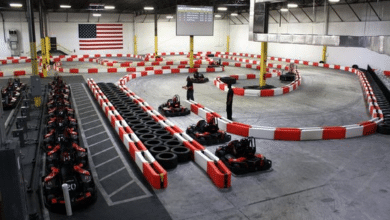Skateboarding battles for respect in Panama

By Rogelio Adonican Osorio
Panama City, Mar 19 (EFE).- After years of being seen as an activity favored by lazy troublemakers and young people from affluent backgrounds, skateboarding in Panama is trying to establish itself as a sport alongside baseball and soccer.
Belying the idea of skateboarding as a pastime for rich kids, one of the Central American nation’s handful of skateparks is located on the edge of the gritty Panama City neighborhood of El Chorrillo, birthplace of champion boxer Roberto “Hands of Stone” Duran.
Every day, some of the country’s best skateboarders gather at Cinta Costera 3 to train in pursuit of a chance to represent Panama at the 2024 Olympics Games in Paris.
One of those honing his craft to the sound of the waves in Panama Bay is Ivan Barcenas, a 24-year-old El Chorrillo resident who abandoned soccer and boxing in favor of skateboarding.
After displaying some of the tricks he has spent more than a decade perfecting, he insists that skateboarding is a real sport,
“If we had had support, we surely could have reached the Olympic Games,” he told Efe, referring to last year’s pandemic-delayed 2020 Games in Tokyo, the first to include skateboarding.
As part of the Panamanian Skating Association, the Panamanian Skateboarding Commission is recognized by the Panama Olympic Committee and the country is thought to have around 100 skateboarders capable of competing at the international level.
But the capital has only three public skateparks.
Gina Mendez, an experienced skateboarder who now runs an academy, Community Skate Club Panama, said that people should take the sport more seriously.
“We need more places and public skateparks for kids to be able to train,” she told Efe.
Mendez, whose academy is open to children as young as 6, said that most of her students are girls who aspire to become professional-caliber skateboarders and compete in the Olympics on behalf of Panama.
“There are boys, but there are more girls … which shows that the culture is changing and the thinking of parents also goes in that same direction,” she said.
Acknowledging that some in Panama still look down on skateboarders as juvenile delinquents, she pointed to the growing e number of people willing to recognize it as a sport.
“In Panama there is a (high) level, we just need more places to practice and more support for the athletes,” Mendez said. EFE rao/dr





